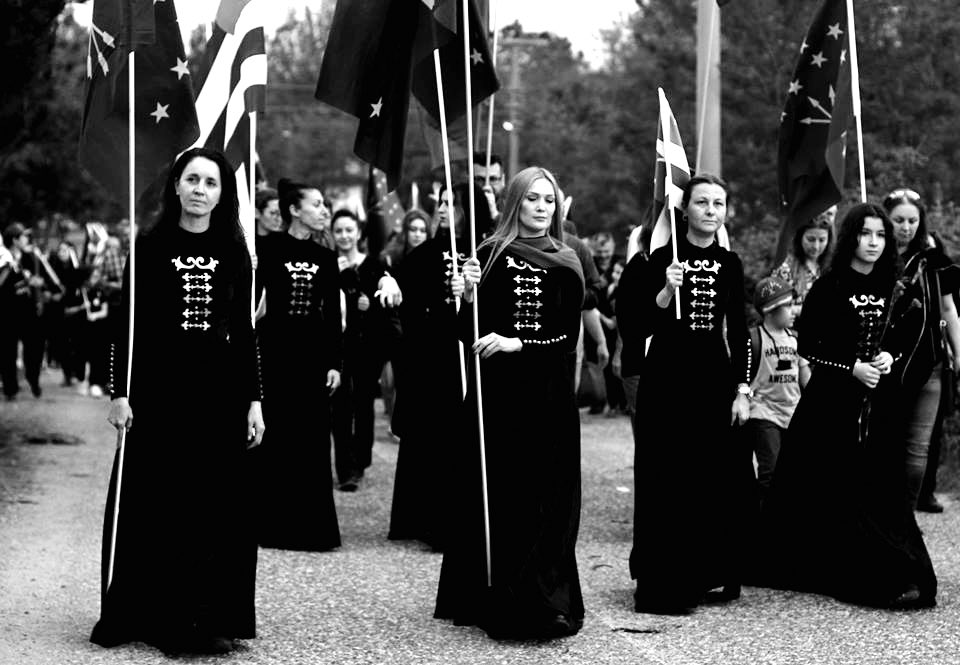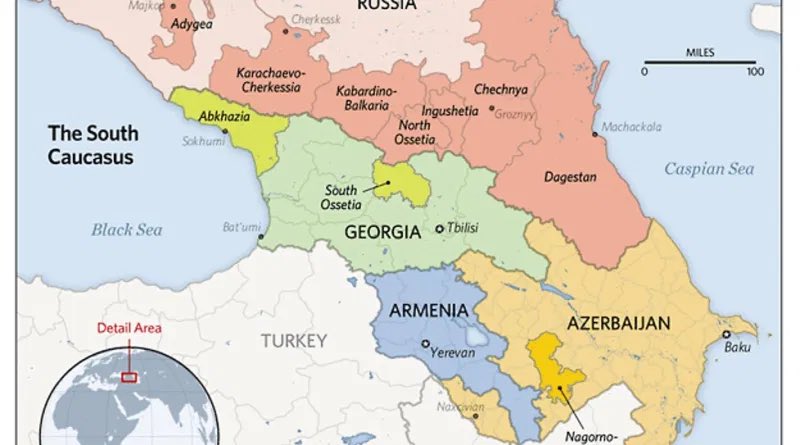In 2002, English freelance journalist Roddy Scott accompanied a group of Chechen rebels that were traveling from Georgia’s Pankisi Gorge into Chechnya and then over to Ingushetia to battle the Russians. These photos were found on his camera, the last photos he would take.








The rebels were an armed force commanded by Hamzat Gelayev (1964-2004), former prime minister of Ichkeria, which he had recruited from the Pankisi gorge, and consisted of not just Chechens, but volunteers from all over the Caucasus.








Gervaise Roderick (Roddy) Scott was born in Huntingdon, England in 1971. He obtained a degree in history from Edinburgh University, where he developed an interest in journalism. His work would take him to many conflicts ranging from Sierra Leone to Afghanistan. 

On Sep 26, 2002, in Galashki, Ingushetia, the group was ambushed by Russian forces and after a firefight were wiped out. Roddy survived this battle and attempted to surrender, holding his hands up and waving an improvised white flag – but the Russians just shot him in the face.
Following his death, Roddy was defamed by Russian officials and declared to be a “terrorist.” The Russian government also attempted to extort Roddy’s family by refusing to issue a death certificate or to return his body unless a significant sum of money was paid.
Roddy’s family defeated the attempt at extortion by simply demanding that, by British tradition, Roddy be buried where he fell.
Excerpt from his obituary on The Guardian:
Excerpt from his obituary on The Guardian:

• • •
Missing some Tweet in this thread? You can try to
force a refresh

 Read on Twitter
Read on Twitter





















